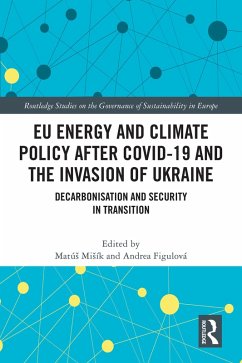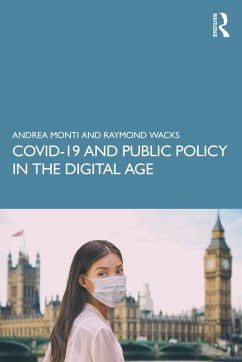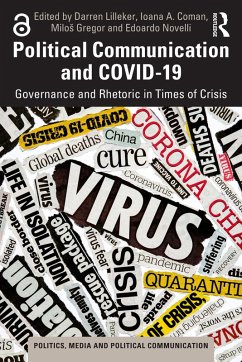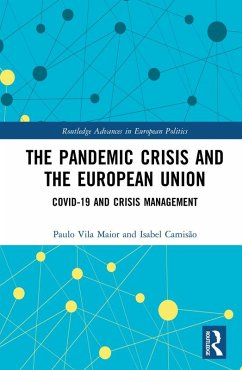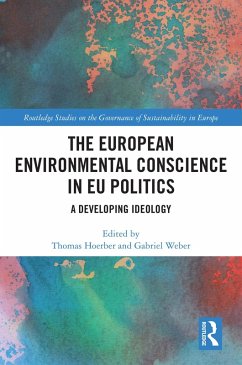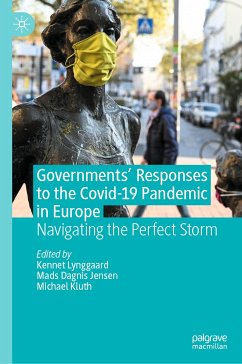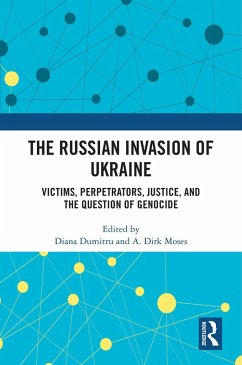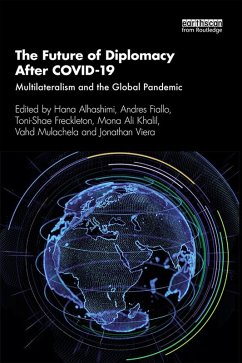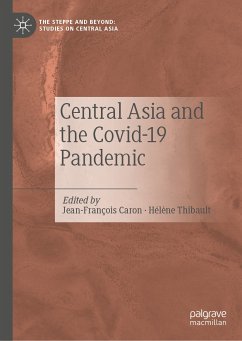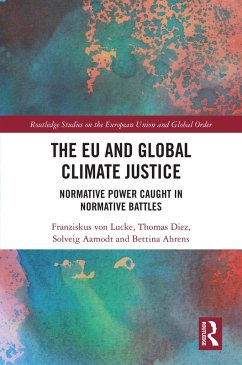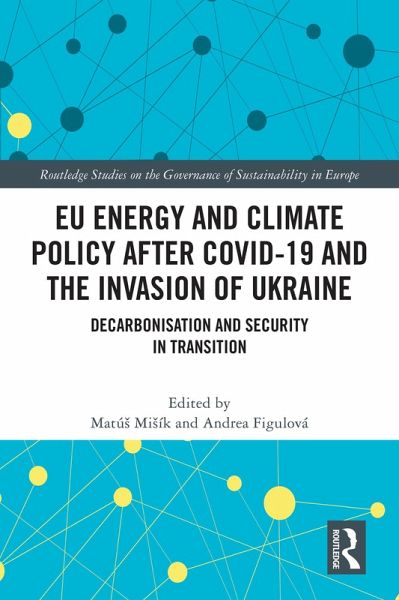
EU Energy and Climate Policy after COVID-19 and the Invasion of Ukraine (eBook, PDF)
Decarbonisation and Security in Transition
Redaktion: Misík, Matús; Figulová, Andrea
Versandkostenfrei!
Sofort per Download lieferbar
42,95 €
inkl. MwSt.
Weitere Ausgaben:

PAYBACK Punkte
21 °P sammeln!
This book discusses the impact of the COVID-19 pandemic and the Russian invasion of Ukraine on the European Union's climate and energy policy.By examining the positions of the various actors involved, the book analyses whether the COVID-19 pandemic and the Russian invasion of Ukraine has contributed to greater unity, decarbonisation, and security of energy supply, and if not, whether these crises prompted member states to turn inwards and opt for national solutions to climate and energy challenges. It thus provides a new outlook for EU energy policy in relation to the experience of the two cri...
This book discusses the impact of the COVID-19 pandemic and the Russian invasion of Ukraine on the European Union's climate and energy policy.
By examining the positions of the various actors involved, the book analyses whether the COVID-19 pandemic and the Russian invasion of Ukraine has contributed to greater unity, decarbonisation, and security of energy supply, and if not, whether these crises prompted member states to turn inwards and opt for national solutions to climate and energy challenges. It thus provides a new outlook for EU energy policy in relation to the experience of the two crises.
This book will be of key interest to scholars, students and practitioners of climate and energy policy, energy security, EU policy, and more broadly to energy politics, European integration and European Union governance.
By examining the positions of the various actors involved, the book analyses whether the COVID-19 pandemic and the Russian invasion of Ukraine has contributed to greater unity, decarbonisation, and security of energy supply, and if not, whether these crises prompted member states to turn inwards and opt for national solutions to climate and energy challenges. It thus provides a new outlook for EU energy policy in relation to the experience of the two crises.
This book will be of key interest to scholars, students and practitioners of climate and energy policy, energy security, EU policy, and more broadly to energy politics, European integration and European Union governance.
Dieser Download kann aus rechtlichen Gründen nur mit Rechnungsadresse in A, B, BG, CY, CZ, D, DK, EW, E, FIN, F, GR, HR, H, IRL, I, LT, L, LR, M, NL, PL, P, R, S, SLO, SK ausgeliefert werden.




